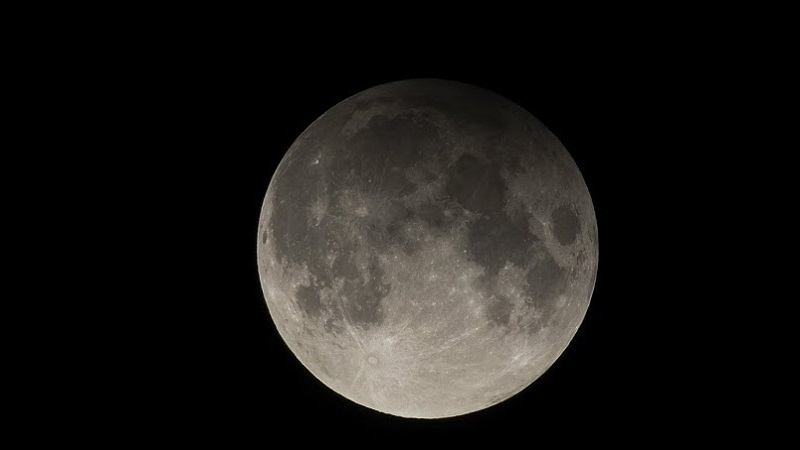The department of Climate Change and Meteorological Services, has announced that the country will on Friday night, 10th January, experience the eclipse of the moon also known as lunar eclipse.
Such events happens due to the earth slipping directly between the sun and moon, blocking the sun’s light and casting an orange-red shadow on the moon.
In a statement issued by the department on 9th January, and signed by its director, Jolamu Nkhokwe, the moon eclipse which will also take place in other countries in the world, will be experienced in Malawi from 19:07 hours, reaching its maximum at 21:10 hours and phase out at 23:12 hours.
According to the statement, there are three types of lunar eclipse namely; total, partial and penumbral and the country will experience penumbral which means the earth will block some of the sunlight from reaching the moon and only the outer shadow will fall on the moon.
However the department has assured the public that there will be no any danger to look up the moon during the event.
Reads part of the statement: “It’s not dangerous to look up at the moon because unlike the earth, the moon has no atmosphere which is a blanket of air which on earth acts like glass lenses, and deflects sunlight in a way that makes the moon orange-reddish.”
The lunar eclipse is also expected to be seen in most of Asia, Africa, Australia, Europe, Indian and Atlantic oceans, and parts of North and South America.





